By the time Erwin Rommel arrived in the Libyan desert in February 1941 he was already a national hero in Germany. A career soldier, he had served as a junior officer, training recruits, prior to the outbreak of World War I. During the Great War, he earned the respect of senior commanders, suffered serious wounds, and accomplished the fantastic feat of capturing a mountain in Italy and the 9,000 Italian soldiers whose job had been to defend the heights.
A colleague described Rommel as “one hundred percent soldier” in tribute to the leader who disdained the rear areas, often nosing around the front lines or flying a reconnaissance aircraft, although he did not have a pilot’s license, to see the disposition of his troops for himself or to survey enemy positions while planning an attack. Virtually fearless, he was not unnerved by the presence of the enemy or the bursting of an artillery shell.
Between the world wars, Rommel remained in the military. In 1937, he authored a book on infantry tactics, which brought him to the attention of Adolf Hitler. Shortly thereafter, he was appointed to the Führer’s staff. Although he never joined the Nazi Party, the officer’s future was inextricably tied to the regime that plunged the world into war in 1939.
Personally appointed by Hitler to command of the 7th Panzer Division, Rommel skillfully led the unit across the Belgian frontier on May 10, 1940, and wreaked havoc on the enemy for five weeks. Nicknamed the Ghost Division, 7th Panzer sometimes covered as many as 150 miles in a single day. Often, the Germans moved so quickly that they caught French troops completely unprepared to defend themselves. Rommel’s tanks rolled into the major port city of Cherbourg and reached the English Channel. During one sharp engagement at Arras, he had personally supervised the deployment of 88mm antiaircraft cannon, ordering that they be employed against British armor in an antitank role.
Like the dreaded 88, Rommel became a legend and earned the grudging respect of his enemies. In early 1942, Prime Minister Winston Churchill told Parliament, “We have a very daring and skillful opponent against us, and, may I say across the havoc of war, a great general.”
When Churchill made those remarks, Rommel had earned the nickname of the Desert Fox, reversed early British successes in North Africa, and recaptured vast territory previously lost by the Italians. His vaunted Afrika Korps was steadily pushing British and Commonwealth forces hundreds of miles eastward, toward Cairo and the vital seaport of Alexandria. Unchecked, the Germans might have seized the Suez Canal and eventually reached the oil fields of the Middle East. At times, it seemed that this genius of warfare almost knew of British plans before they were executed. Indeed, it was later established that an Allied intelligence leak served him well.
Regardless, Rommel proved himself to be a superb strategist and tactician. However, he could not overcome two great handicaps—a continual lack of adequate supplies and the preoccupation of the high command in Berlin with the war on the Eastern Front. Inevitably, the Desert War became a war of attrition, a war which Germany could never win. By the autumn of 1942, Rommel’s forces were growing weaker by the day, while those of his opponent, Field Marshal Bernard Law Montgomery, had grown stronger.
Rommel soldiered on through much of the retreat from El Alamein, but Hitler had other plans, ordering him to France to command German troops that would oppose the coming Allied invasion of Western Europe. During the discharge of his duty, however, it became apparent to Rommel that the entire war would be lost.
In 1944, while recovering from a wound received when his staff car had been strafed, Rommel was implicated in the July 20 plot to assassinate Hitler. He was given the choice of suicide or answering the charges at trial. The verdict of such a proceeding would have already been decided, and his family would have suffered. Although an elaborate state funeral was held in the town of Ulm, it was a sham—an inglorious end for one of the greatest military commanders of World War II.
Michael E. Haskew

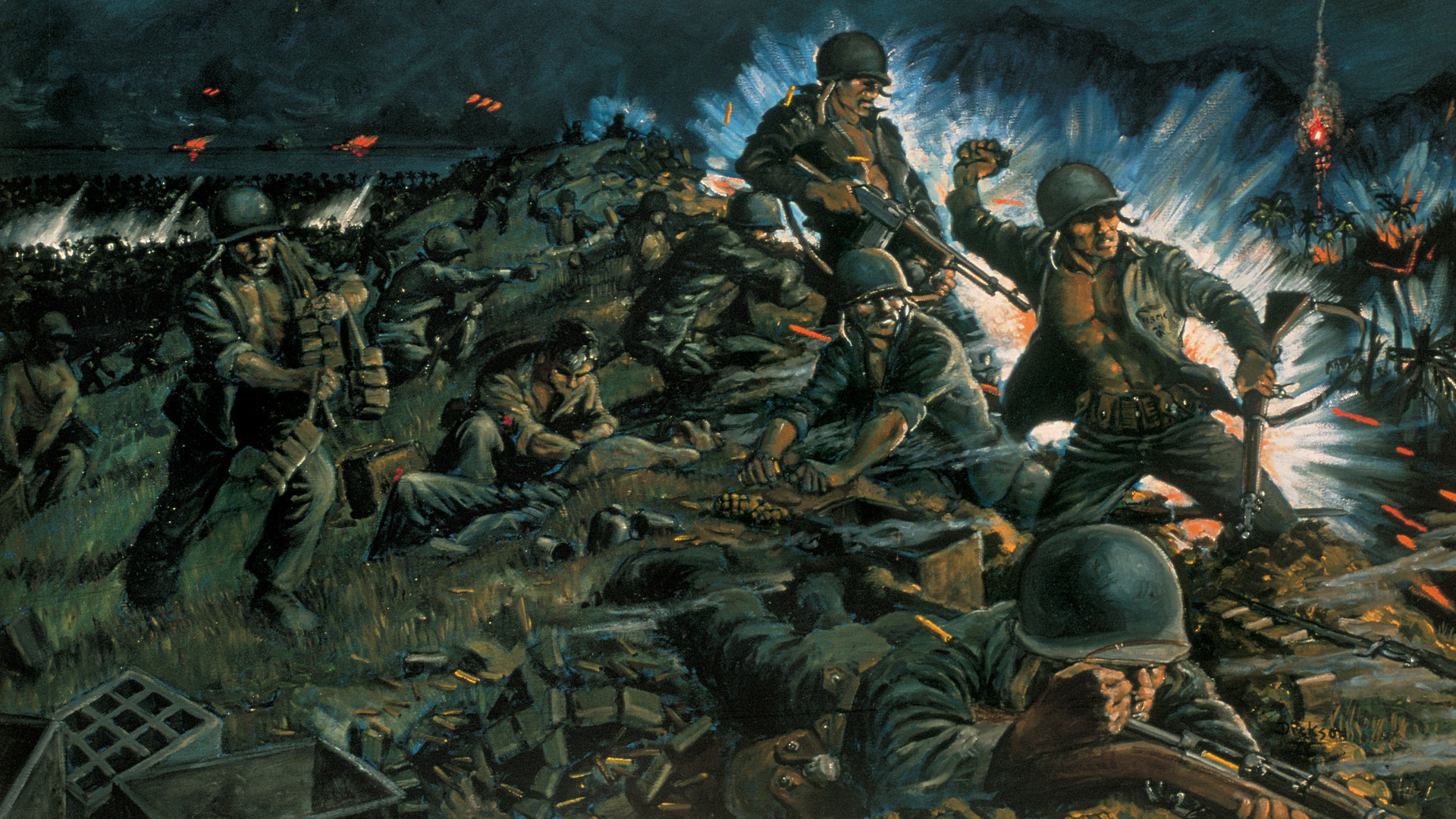
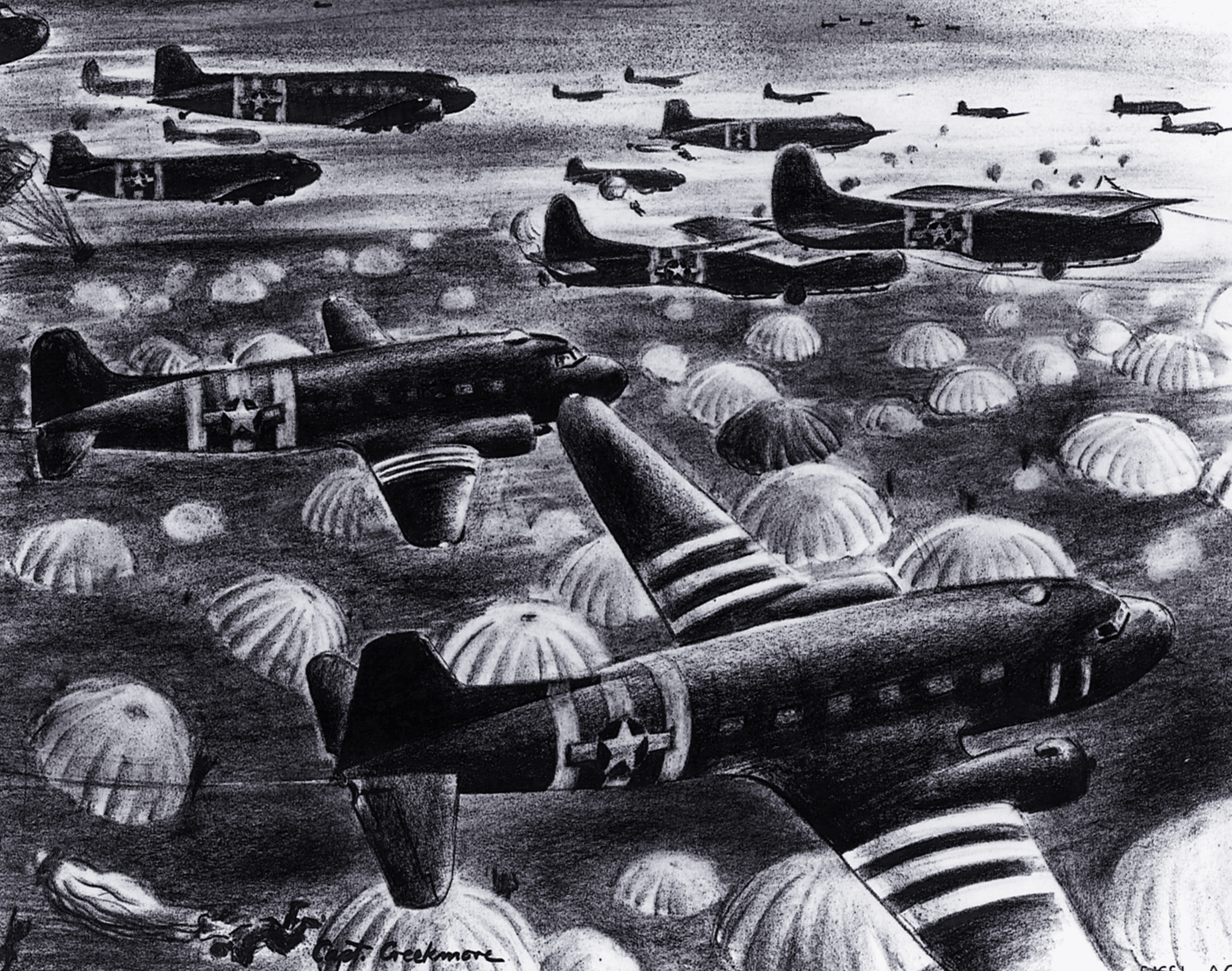
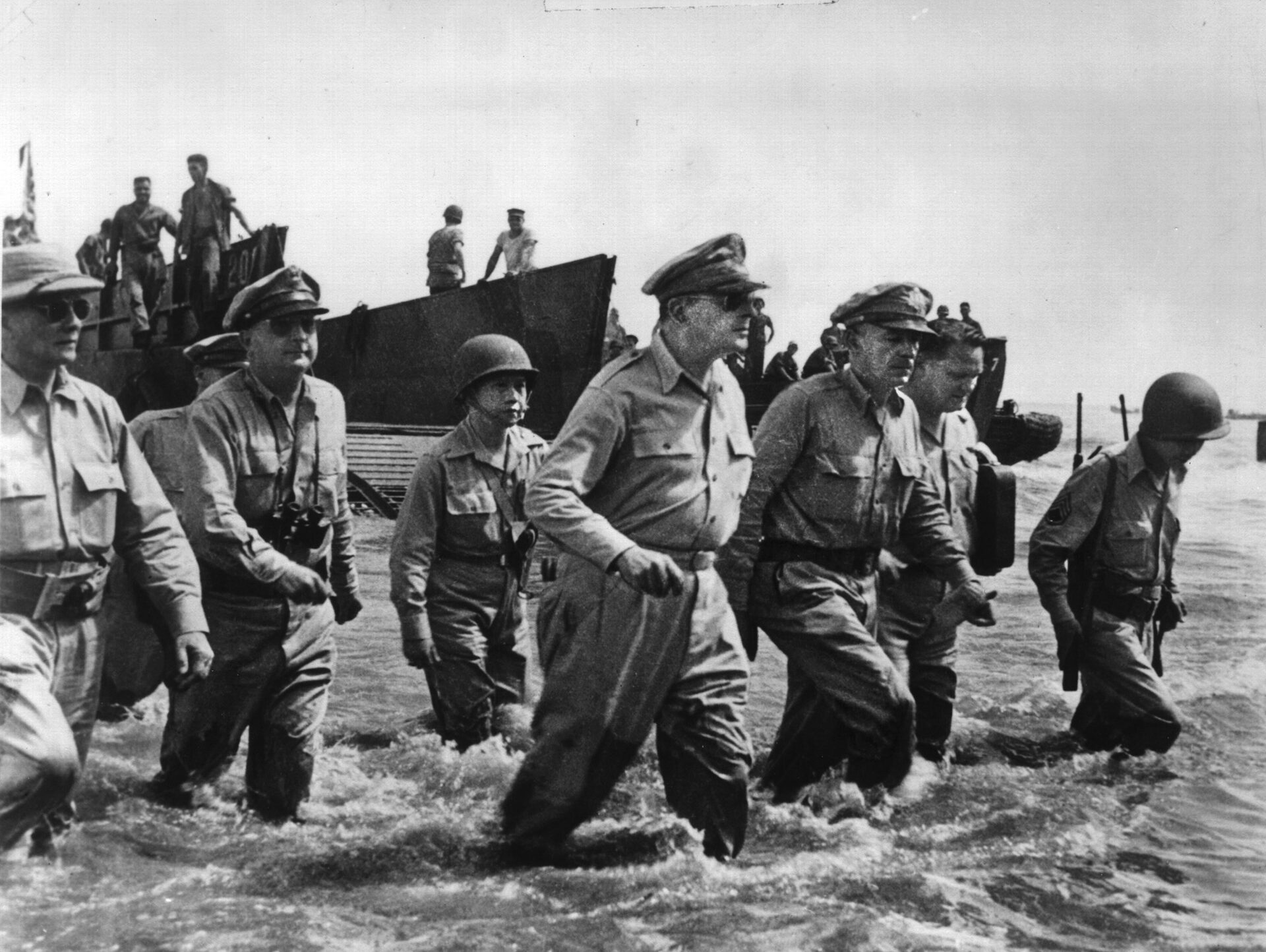
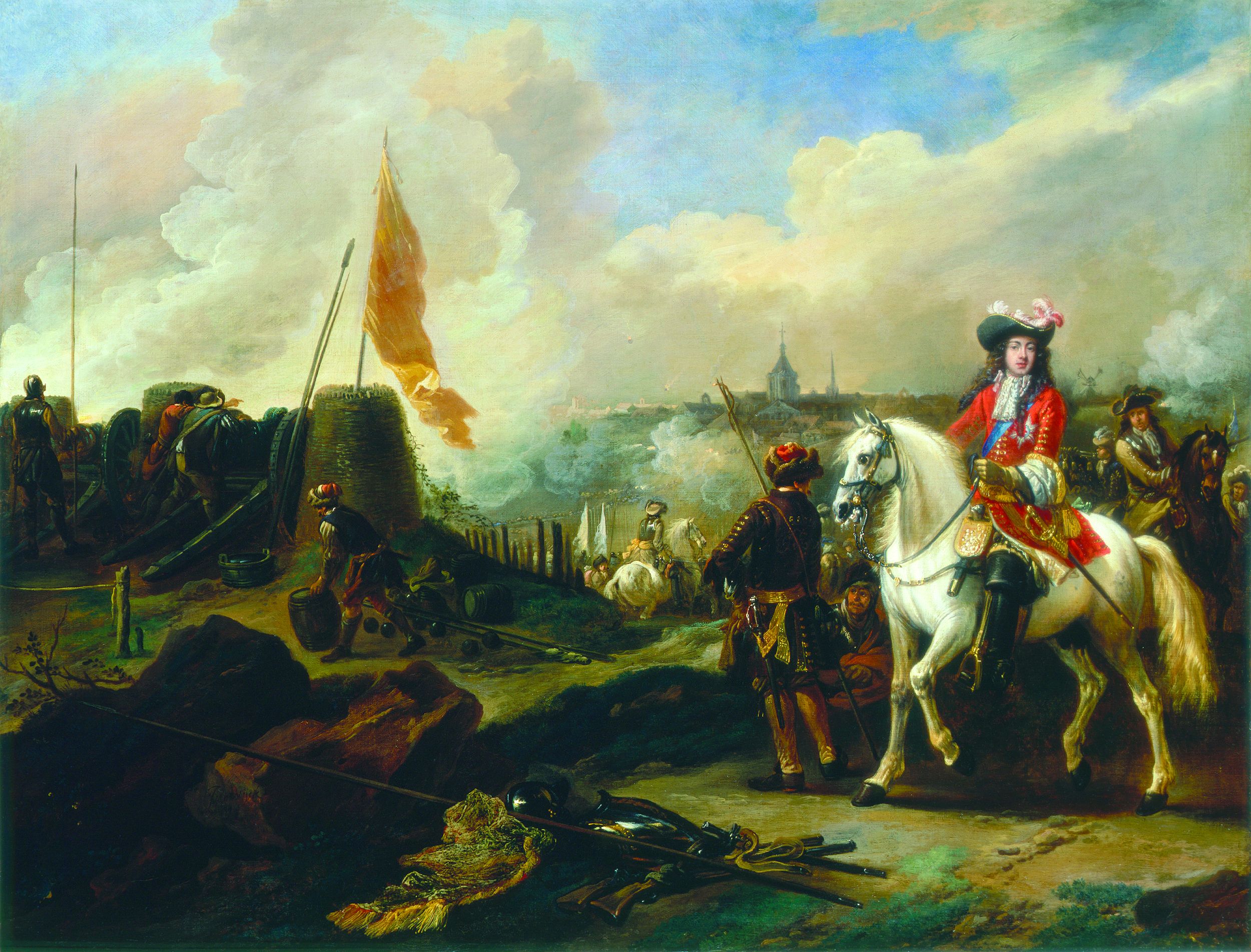
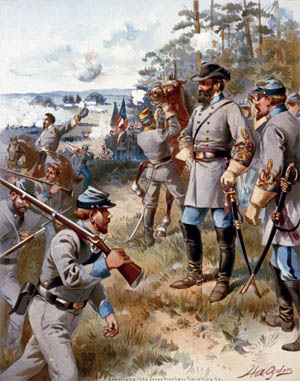
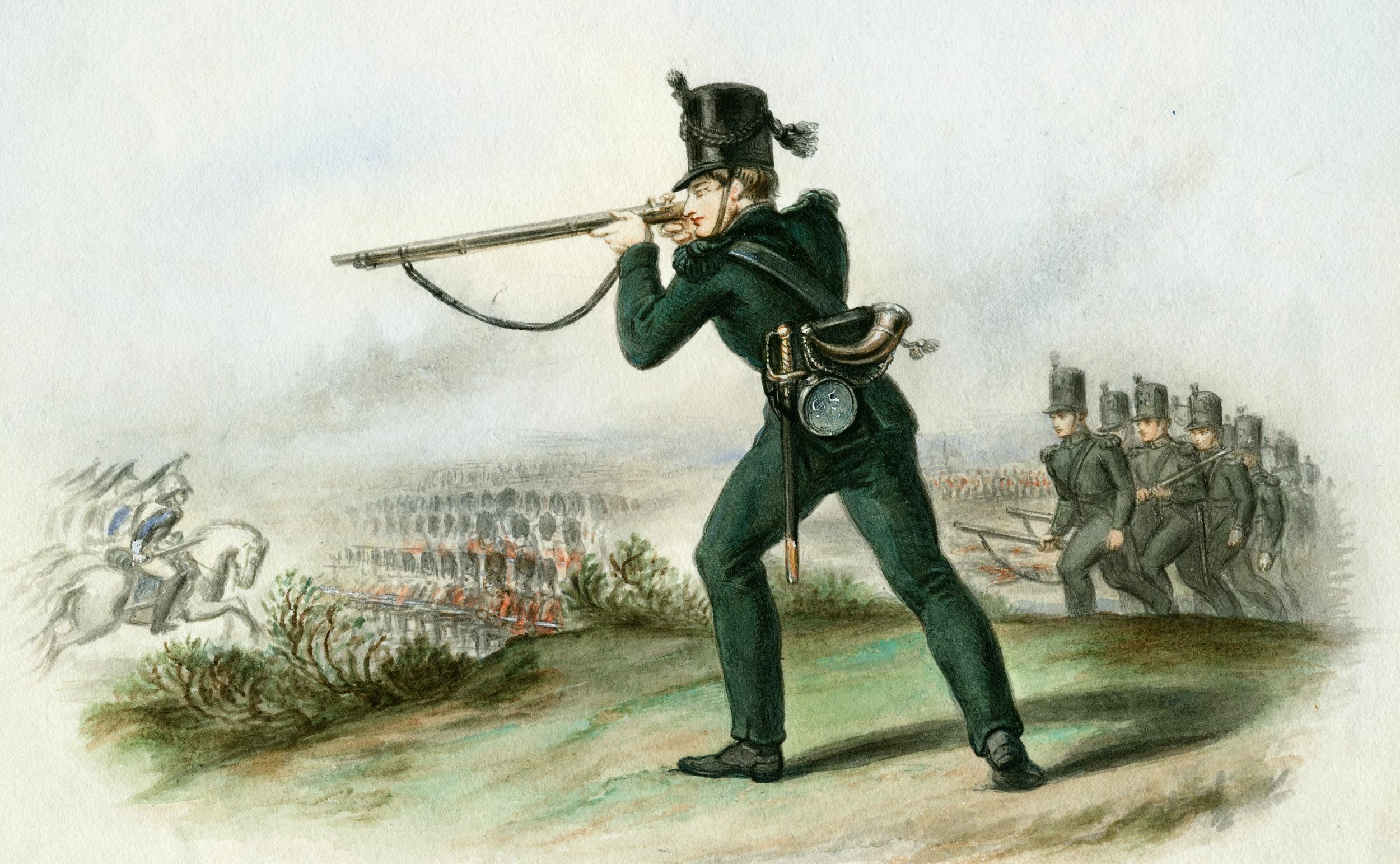
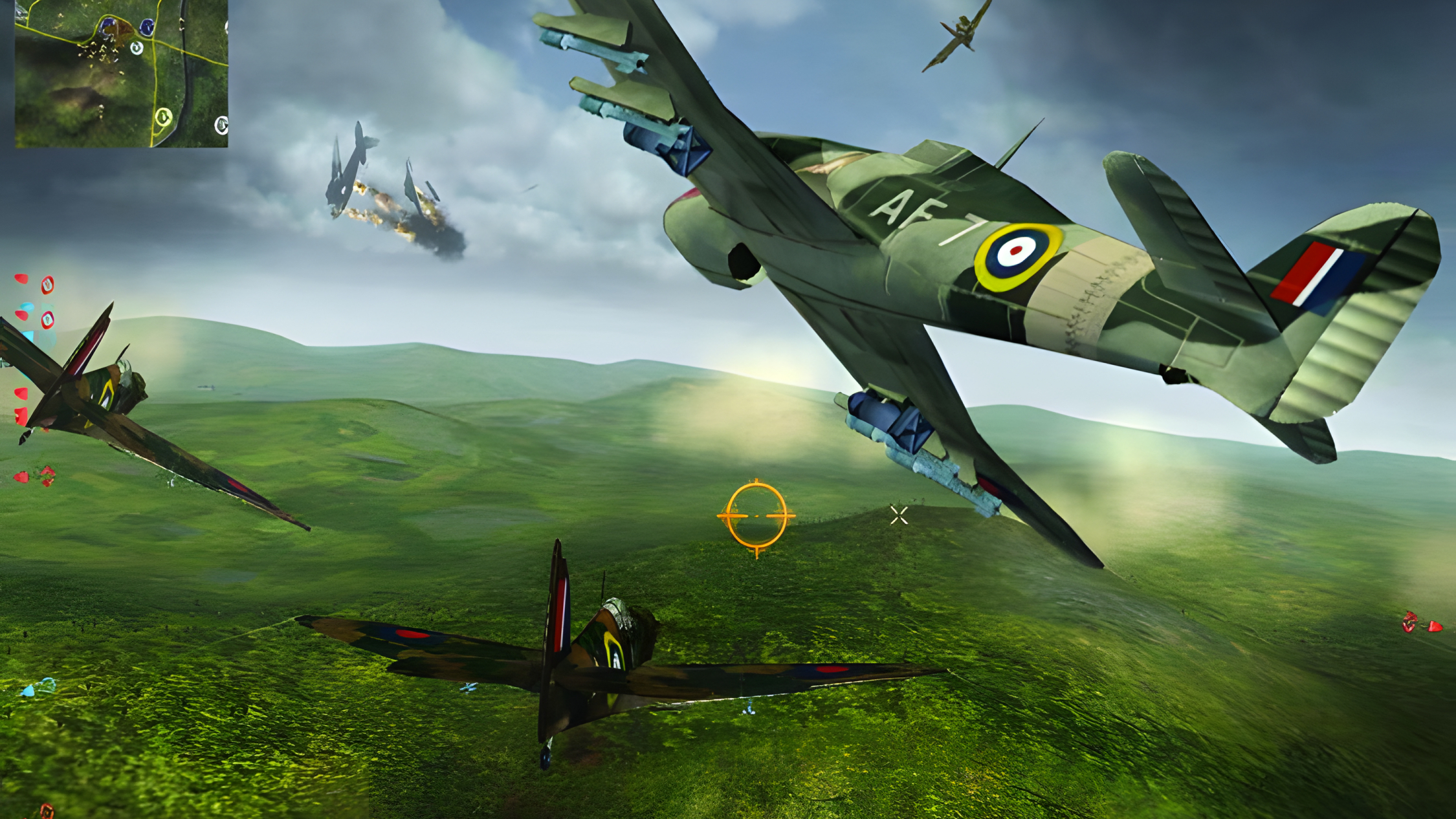
Join The Conversation
Comments
View All Comments